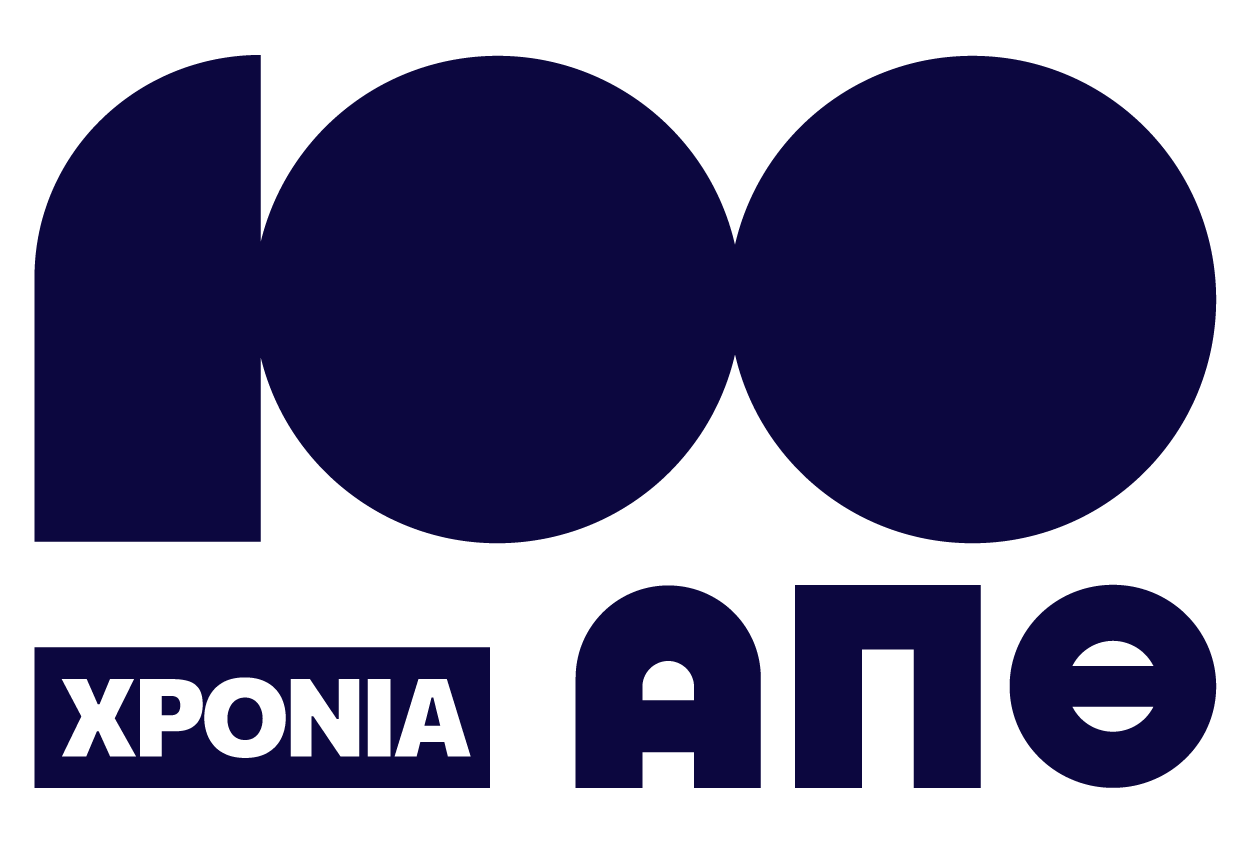
On Thursday, 7 July 2022, at 12.15 pm, Dr. Kyrana Tsapkini will give a talk at the School of English, titled “Transcranial Direct Current Stimulation as a Treatment for Primary Progressive Aphasia: What Have We Learned?”. The talk will take place at Room 417 (Faculty of Philosophy, New Building, 4th floor). Those interested in participating are asked to fill up the form given here.
Kyrana Tsapkini, Associate Professor of Neurology at the Johns Hopkins School of Medicine was awarded a Niarchos Greek Diaspora Fellowship to travel to Greece and work with the Language Development Lab of the School of English of the Aristotle University of Thessaloniki, to train faculty and students in designing and implementing individualized transcranial direct current stimulation protocols for individuals with neurodegenerative diseases.
The Greek Diaspora Fellowship Program is designed to help avert Greece’s brain drain and develop long-term, mutually-beneficial collaborations between universities in Greece and the United States and Canada. It is managed by the Institute of International Education in collaboration with the Fulbright Foundation in Greece, and funded by the Stavros Niarchos Foundation.
Dr. Tsapkini’s research examines the interactions between language and cognitive systems in post-stroke and primary progressive aphasia. In her investigations she has used several methods of brain imaging, incorporating carefully designed activation paradigms, brain stimulation techniques, and experimental psychology. She has used DTI, resting-state fMRI and MR spectroscopy to assess changes in the language networks post-intervention in neural degenerative diseases. She has worked extensively on several neurolinguistic and neuroimaging projects. In recent years, this line of research has led her to interventional studies of language using transcranial direct current stimulation (tDCS). She has been awarded several grants from the Science of Learning Institute at Johns Hopkins University and from NIH/NIDCD to study behavioral and neural effects of tDCS and sham interventions coupled with language therapy in individuals with primary progressive aphasia. She is the director of the Language Neuromodulation Lab whose mission is to investigate possible interventional strategies to combat primary progressive aphasia and related neurological diseases.